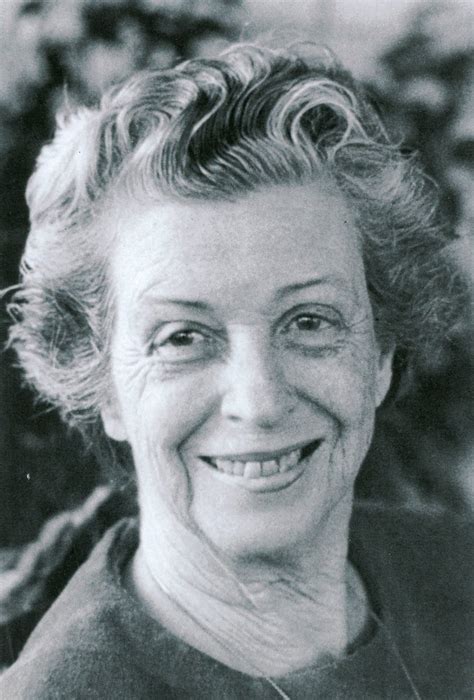A Quote by Rumi
Poetry can be dangerous, especially beautiful poetry, because it gives the illusion of having had the experience without actually going through it.
Related Quotes
We do have to learn poetry at school. Poetry is interesting to me, particularly Chinese poetry. It's like an ancient form of song. There's five sentences, seven sentences - they're very different from English poetry. Chinese poetry is much more rigorous. You can only use this many words, and they will form some kind of rhythm so people can actually sing it. To me, poetry is quite abstract but also quite beautiful.
Poetry is the most informative of all of the arts because everything comes down to poetry. No matter what it is we are describing, ultimately we use either a metaphor; or we say "that's poetry in motion." You drink a glass of wine and say, "that's poetry in a bottle." Everything is poetry, so I think we come down to emotional information. And that's what poetry conveys.
This is going to sound nuts but it took me forever to figure out why I'd stopped writing poetry - I mean, I went about a decade where I wrote very little poetry and I thought it was because I was doing a weekly blog. And then when we moved, I reconfigured my writing desk. The previous one had had very little space to write by hand. And suddenly, the poetry was gushing!
What I wrote all the time when I was a kid - I don't want to call it 'poetry,' because it wasn't poetry. I was not that kind of a writer. I was a rhymer. I was a fan of Dorothy Parker's, so maybe I wrote poetry to that extent, but my main focus was the humor of it, and word construction, and the slant. Your words, it's a very powerful experience.






































